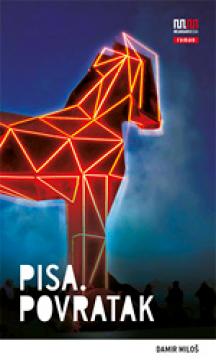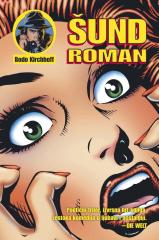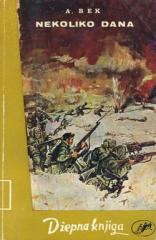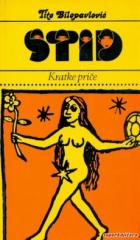
Pisa. Povratak
In the third part of the trilogy "Pisa (Return)", following in the footsteps of the previous books "Smetlar" and "Cesta", Damir Miloš, not for the first time, questions the space of storytelling and narration, building tension between opposing and incompa
What is the story of the novel: the adventure of the participants of the Symmetries project, where the puzzles of the living environment are put together, which emerges and disappears in incredible twists and turns. What is the story of the novel: fragments that, with the magic of different meanings, introductions and points, make their narrator an icon of the (new) novel in Croatia - it is up to the author, says the critics, who fights against the death of the story and classical narration, who plays with genres and grammars of storytelling.
The novel "Pisa (Povratak)" is read with a vigor and explosiveness that captivates attention, because it actually cares about a better life for the story, the narrator and the reader: as if everything in it resonates powerfully, granite and alive, as if we recall the parables and allegories about the suffering and celebration of people in the paintings of P. Bruegel or in the poetry of the expressionist E. Kocbek.
Damir Miloš's novel "Pisa" neither woos nor gives up - the demanding nature of its lavish narrative ideas, solutions and differences, covered by a strong sentence structure - keeps us in a take-it-or-leave-it position. It is a challenge, a gauntlet thrown to the reader - precisely the one who often mercilessly retaliates against the author, but not necessarily the narrator. In other words, a novel written with risk and a lot of self-confidence (and rightly so) - for the present, from which both the past and the future seem to elude.
Jedan primerak je u ponudi
- Bibliotheksstempel





